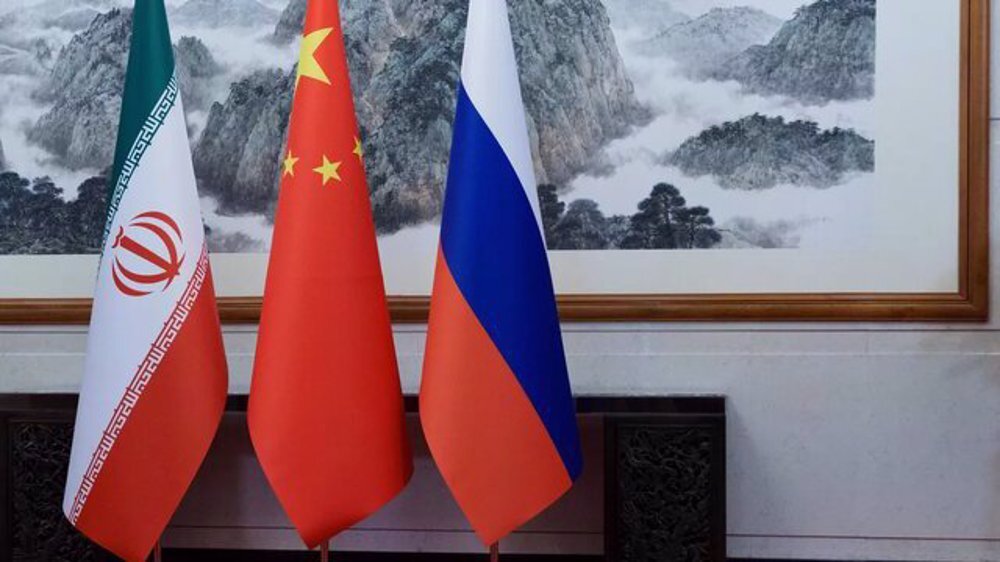ALWAGHT- According to analyst Reza Nasri, China and Russia possess the means to prevent UN sanctions on Iran from being enforced, despite any formal activation of the “snapback” mechanism.
Britain, France, and Germany have moved to trigger the snapback mechanism to restore UN sanctions on Iran, accusing Tehran of violating the 2015 nuclear deal. The move has been rejected by Iran, Russia, and China, who call it legally groundless under Resolution 2231. International lawyer Reza Nasri argued that while snapback might reinstate sanctions on paper, their enforcement depends on reviving institutions that cannot operate without the consensus of all permanent Security Council members.
Nasri explained that Russia and China can obstruct key procedural steps, such as re-establishing the sanctions committee, appointing experts, or adopting guidelines. Since the committee functions by consensus, any permanent member can effectively paralyze it, rendering the sanctions symbolic rather than practical. He warned that Europe’s insistence on snapback risks creating deadlock, escalating disputes, and causing institutional paralysis at the UN.
The dispute has further highlighted political and legal divides. Iran insists the E3 have no authority to invoke snapback after breaching the nuclear deal themselves, while Tehran’s rollback of commitments followed the US withdrawal and Europe’s failure to uphold obligations. Foreign Minister Abbas Araghchi has urged diplomacy and offered a plan to avoid crisis. Nasri concluded that the real outcome hinges on Russia and China’s response, noting that if they exercise their leverage, sanctions will remain largely hollow, undermining both their impact and the credibility of the Security Council.



























